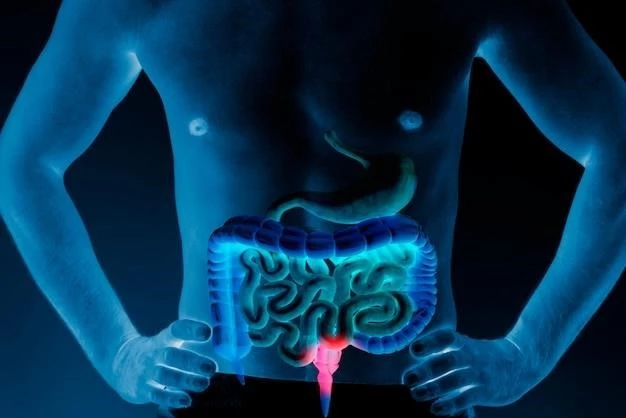Causes of Chronic Erosive Gastritis
Overview of Gastritis
Gastritis is the inflammation of the stomach lining, often causing symptoms like stomach pain, nausea, and bloating. It can be acute or chronic, with chronic gastritis lasting for a prolonged period. The condition can be triggered by various factors such as infection, alcohol consumption, stress, or long-term use of certain medications.
Causes of Chronic Erosive Gastritis
Chronic erosive gastritis can be caused by prolonged use of nonsteroidal anti-inflammatory drugs (NSAIDs), excessive alcohol consumption, bile reflux, Helicobacter pylori bacteria infection, autoimmune disorders, and stress. These factors lead to erosion of the stomach lining, contributing to chronic inflammation and symptoms.
Symptoms and Diagnosis of Gastritis
Common Symptoms of Gastritis
Symptoms of gastritis include abdominal pain, bloating, nausea, vomiting, indigestion, loss of appetite, and black or tarry stools. Some individuals may experience blood in vomit or stool. It is essential to consult a healthcare provider for proper diagnosis and treatment if experiencing these symptoms.
Diagnosis of Chronic Gastritis
Diagnosis of chronic gastritis involves tests like an upper endoscopy to visually inspect the stomach lining, blood tests to check for H. pylori infection, stool tests to detect blood in the stool, and imaging tests like X-rays or CT scans. Biopsy samples may also be taken to analyze tissue inflammation levels.
Treatment options for Chronic Gastritis
Lifestyle changes can help manage chronic gastritis. Avoiding trigger foods, reducing stress, quitting smoking, limiting alcohol consumption, eating smaller meals, and maintaining a healthy weight are essential for symptom relief. Regular exercise and sufficient sleep can also contribute to overall gastric health.
Medications
Medications like proton pump inhibitors (PPIs), H2-receptor antagonists, and antibiotics (if H. pylori infection is present) are commonly prescribed for chronic erosive gastritis. Antacids can provide temporary relief. It is crucial to follow the prescribed medication regimen and consult a healthcare provider for proper treatment.
Prevention of Gastritis Flare-ups
Dietary Recommendations
Diet plays a crucial role in managing gastritis; Avoid spicy, acidic, and fatty foods. Include high-fiber foods, lean proteins, fruits, and vegetables. Small, frequent meals can also help. Stay hydrated and limit caffeine intake. Working with a healthcare provider or dietitian to create a gastritis-friendly diet plan is recommended.
Lifestyle Changes
Managing gastritis through lifestyle changes involves reducing stress, avoiding smoking, moderating alcohol consumption, getting regular exercise, maintaining a healthy weight, and practicing good sleep hygiene. By adopting these healthy habits, individuals can lessen gastritis symptoms and potentially prevent flare-ups.

Difference between Acute and Chronic Gastritis
Overview of Acute Gastritis
Acute gastritis is a sudden inflammation of the stomach lining, often caused by excessive alcohol consumption, NSAID use, stress, or bacterial infections. Symptoms like abdominal pain, nausea, vomiting, and loss of appetite can occur. With proper treatment and lifestyle adjustments, acute gastritis can resolve relatively quickly.
Differentiating Chronic Gastritis
Chronic gastritis is a long-lasting inflammation of the stomach lining. It develops over time and can be caused by factors like H. pylori infection, autoimmune conditions, or prolonged medication use. Symptoms may be less severe but persistent. Proper diagnosis and management are essential to prevent complications and maintain gastric health.
